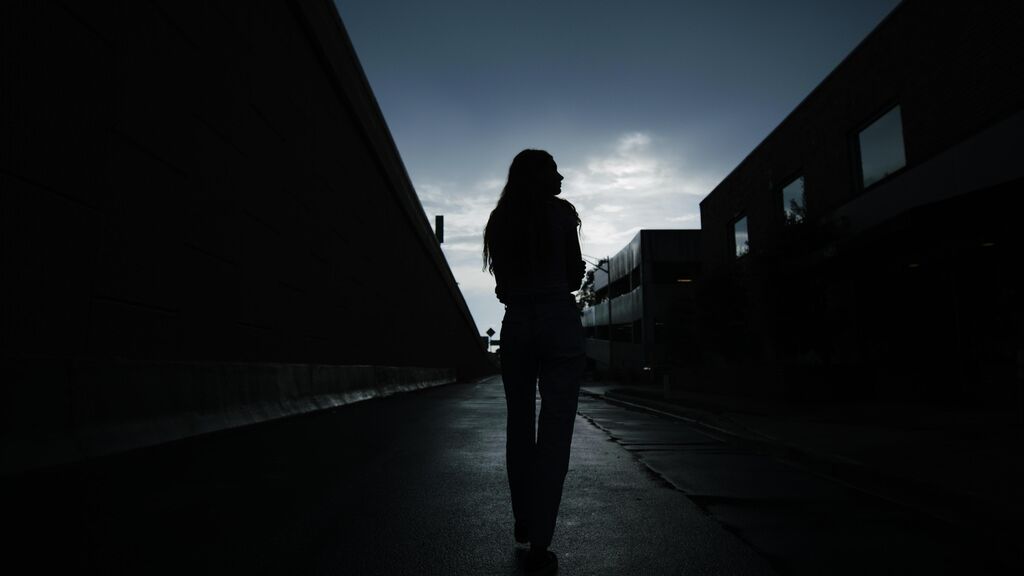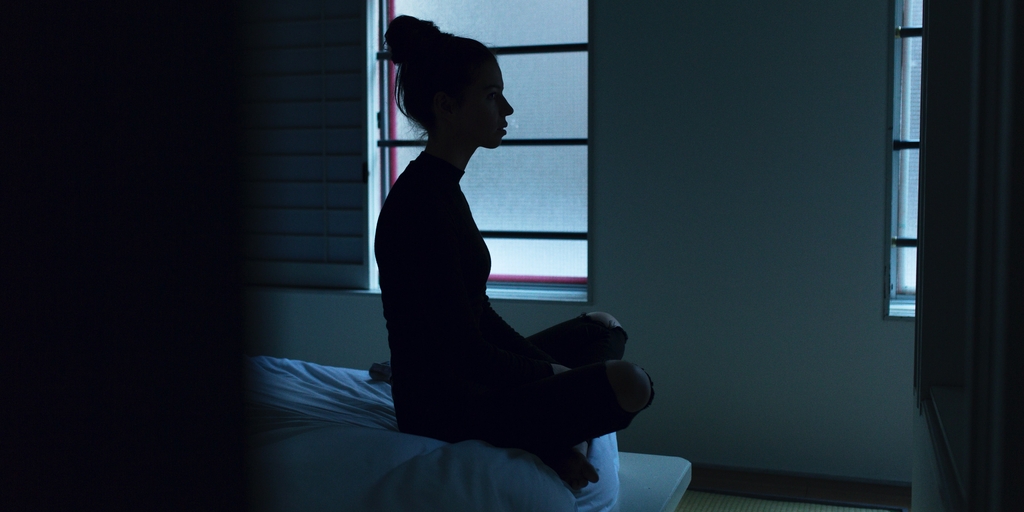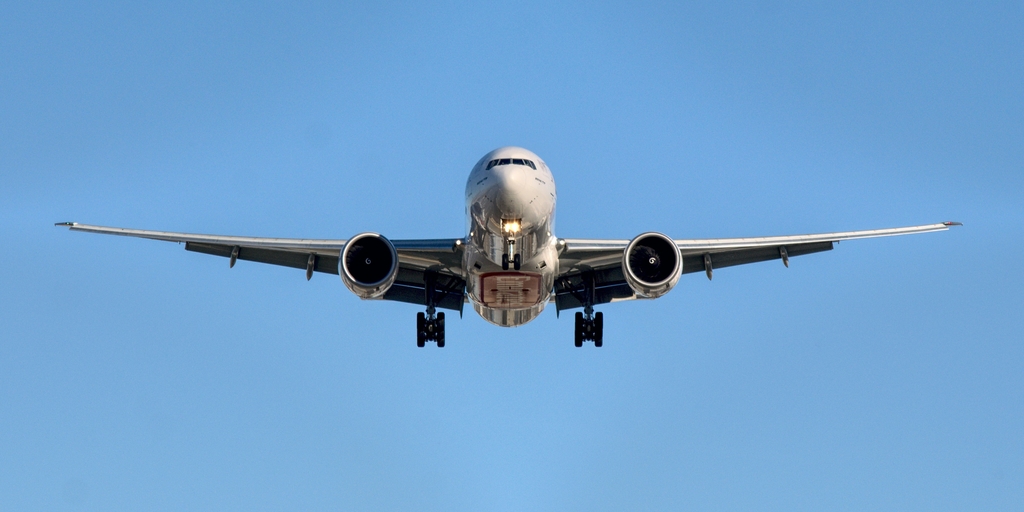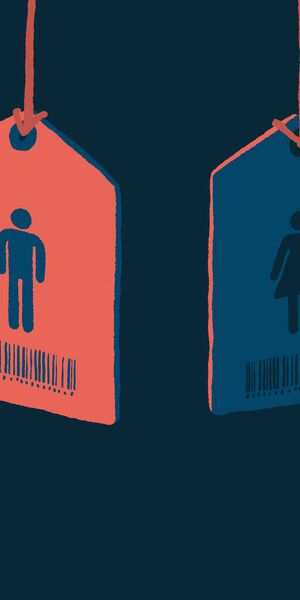Peer fights to protect modern slavery victims after Brexit
Human Trafficking
As immigration rules change following Brexit, Peers are holding the Government to account to ensure they protect victims of modern slavery and help them to recover.
The Government's Immigration and Social Security Coordination Bill is going through its final stages in the House of Lords — a Bill that will bring free movement under the EU to an end.
During the progress of the Bill, Peers have consistently pressed the Government to confirm how rights for human trafficking victims will apply following the UK’s withdrawal from the European Union.
Given that the majority of victims of modern slavery come from other countries outside the UK, and many from the European Union, changes to immigration law could significantly affect victims of modern slavery who will be left at greater risk of destitution and being re-trafficked as a result.

How Brexit could affect victims of modern slavery
The EU Anti-Trafficking Directive is a significant Directive, which led to the Government introducing the Modern Slavery Act 2015.
Currently, rescued victims in England and Wales do not receive guaranteed support. This is not the case in Scotland and Northern Ireland where parallel human trafficking laws provide statutory assistance for rescued victims. The Government have said they will bring forward Regulations to ensure support for victims, but no regulations have yet been brought to Parliament.
One of the consequences of removing all EU-derived rights from domestic law is that the EU’s Human Trafficking Directive, which in Article 11 says victims must receive support, will potentially no longer apply. It is unclear at present how much – if any - of the Directive will remain part of retained EU law after the end of the transition period.
This leaves rescued victims in England and Wales with potentially even fewer legal rights than before. Not only will there be no Directive to provide them with some assurance, there is the ongoing lack of statutory support on offer.
Lord McColl seeks amendment to the Bill to protect victims
On Monday, a vote will take place on an amendment to the Bill, tabled by Lord McColl, who is being supported by CARE. The amendment seeks to amend the Bill to offer all confirmed EU national victims of modern slavery 12 months leave to remain in the UK with recourse to public funds, if they meet certain requirements.
This ensures that, from 1 January, victims of trafficking who are EU nationals will not find their changes of recovery eroded.
This would, however, only be a temporary measure. Victims need the Government to go much further to ensure they are effectively helped to rebuild their lives.
Which is why CARE supports Lord McColl's Modern Slavery (Victim Support) Bill. This Bill, supported by a coalition of 27 charities under Free for Good, will give victims of modern slavery a package of 12 months of support. This includes the statutory right to access services, to work and the right to remain in the UK for a minimum of 12 months. This support is a lifeline to victims who have been left destitute and traumatised by their experiences of being trafficked.





Share story
Peer fights to protect modern slavery victims after Brexit